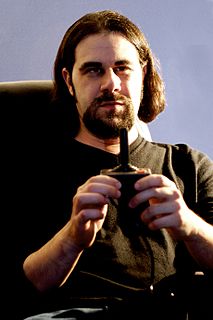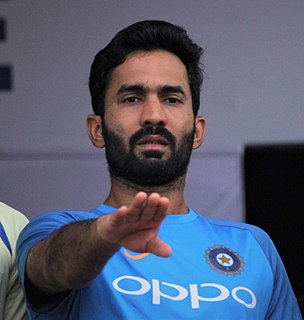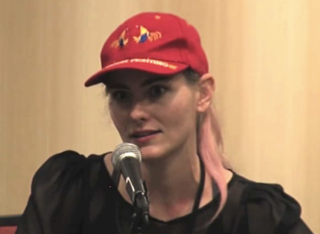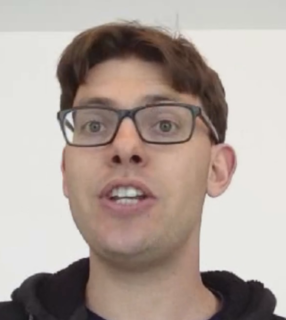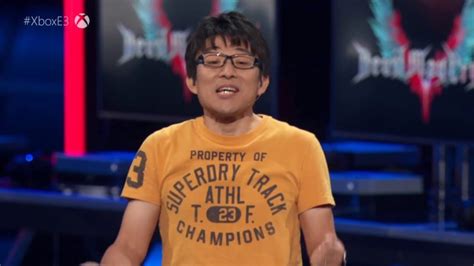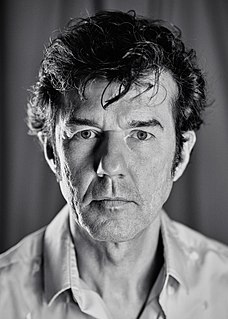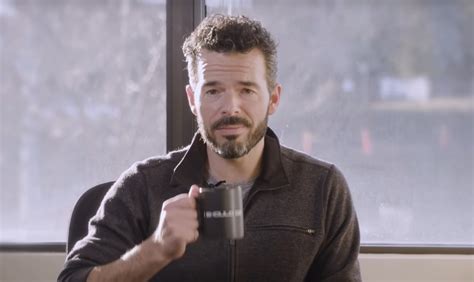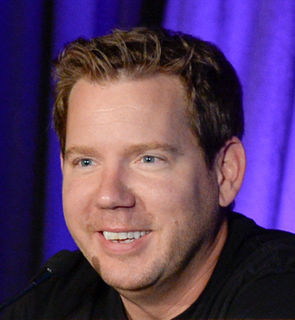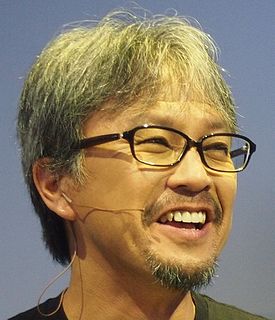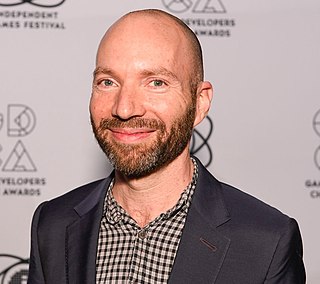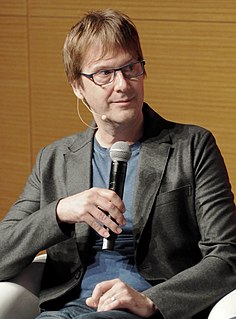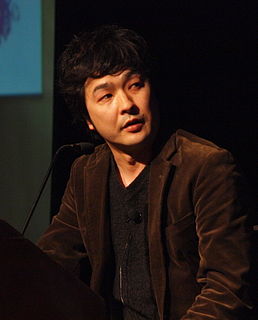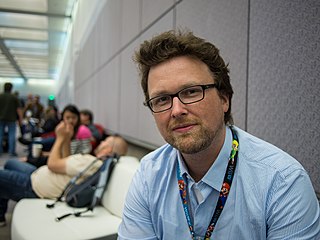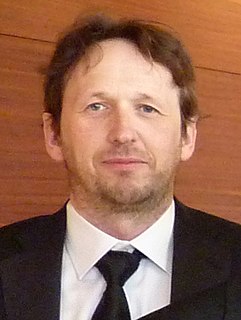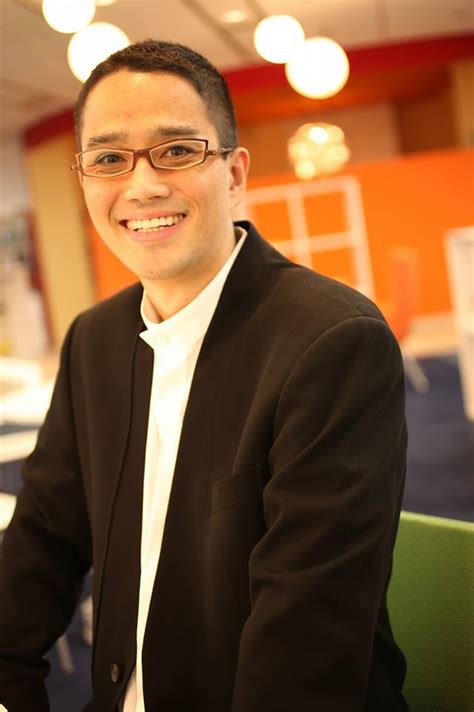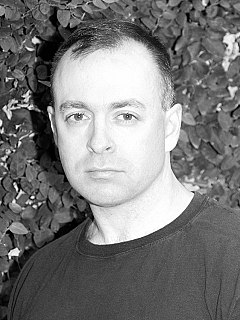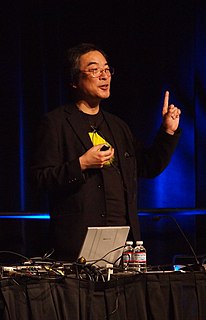A Quote by Ian Bogost
When we think about play and games and the situations in which having fun is seen as an outcome, they often have to do with repetition. You're returning to something again, and even despite that similarity, you squeeze something new out of it.
Related Quotes
With sports and games, you have fun despite working very hard, even despite failing repeatedly. Even the fun of a night out, you have to get somewhere and do all the conversational, social work of being out. There's effort involved. But then when you're finished, you can conclude, "Actually there was something gratifying about the hardship that I just encountered." That discovery of novelty is where the molten core of fun is.
When you're making a movie, you don't think about the outcome. That's something I'm grateful for: whenever I go and do a new project, I never think about the outcome. It's always just about the work at hand. That's the fun part. The other part is always something I've had a struggle with, which is promoting the film. I know it's important.
He misses the feeling of creating something out of something. That’s right — something out of something. Because something out of nothing is when you make something up out of thin air, in which case it has no value. Anybody can do that. But something out of something means it was really there the whole time, inside you, and you discover it as part of something new, that’s never happened before.
I try to maintain an even tempo in all the games. Sometimes you play well and sometimes you get out. When you get out, you feel it is a wrong shot. Most players in tough situations play shots that could be out, but over time you refine that and give yourself the best chance of performing, the more you play in such situations.
But for me it's very difficult to finish music on my own. It's the fear of losing the fun. It's very easy to get a sketch of something or an idea together in a very short time, to try out something new, but to get a five minute track to play out is much harder, at least for me. When I start to construct something, it often ends in frustration.
I have to make about a million proofs of everything. I don’t know, it’s just a repetition, like a meditation. You come back to something and then you leave it, and then you come back again and you leave it, and each time it changes. And sometimes you have to wait for new information inside yourself to be able to finish something, to find out how it should go.
In classrooms full of students who range from brilliant to sullen disaffection, it's games - and often games alone - that I've seen engage every single person in the room. For some, the right kind of play can spell the difference between becoming part of something, and the lifelong feeling that they're not meant to take part.
